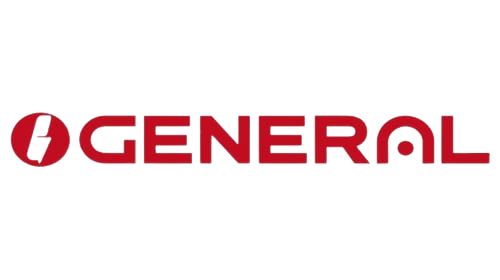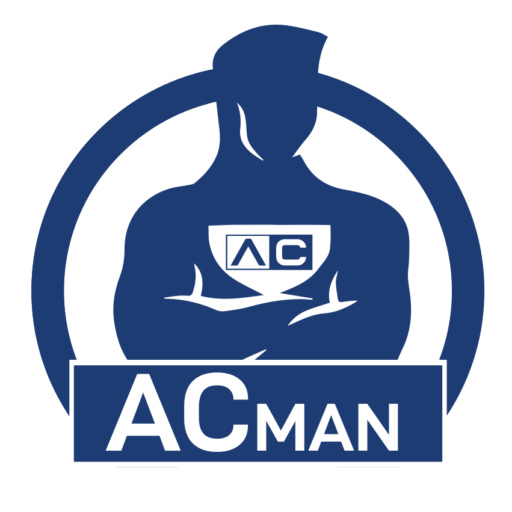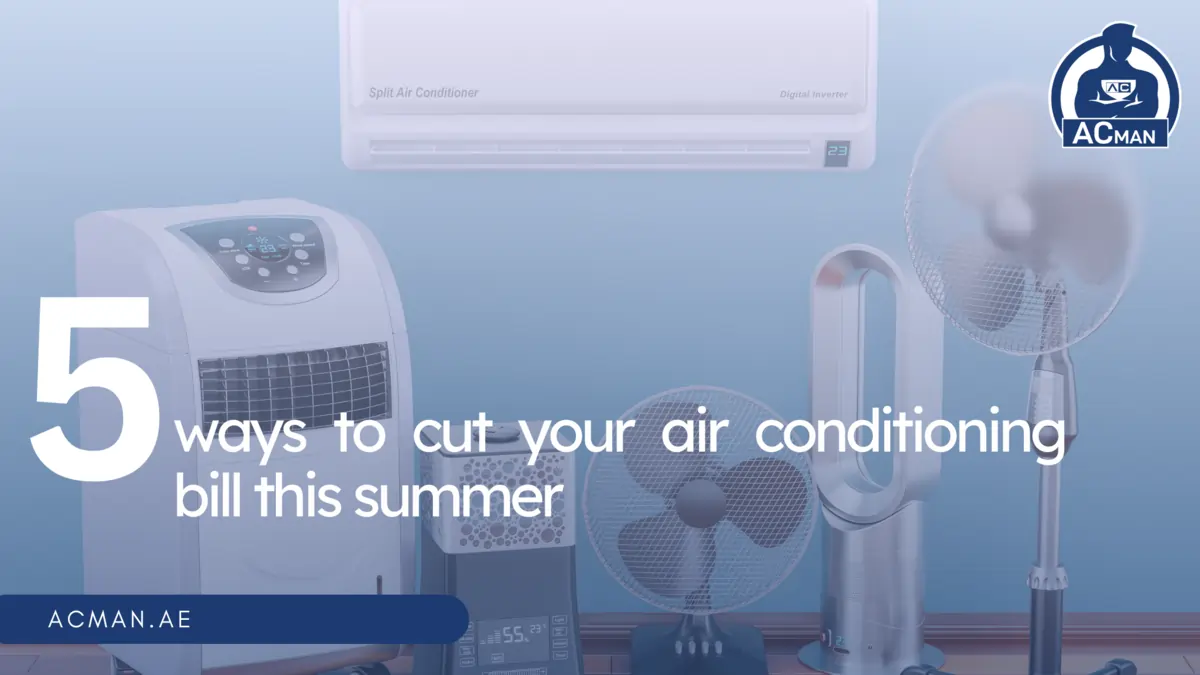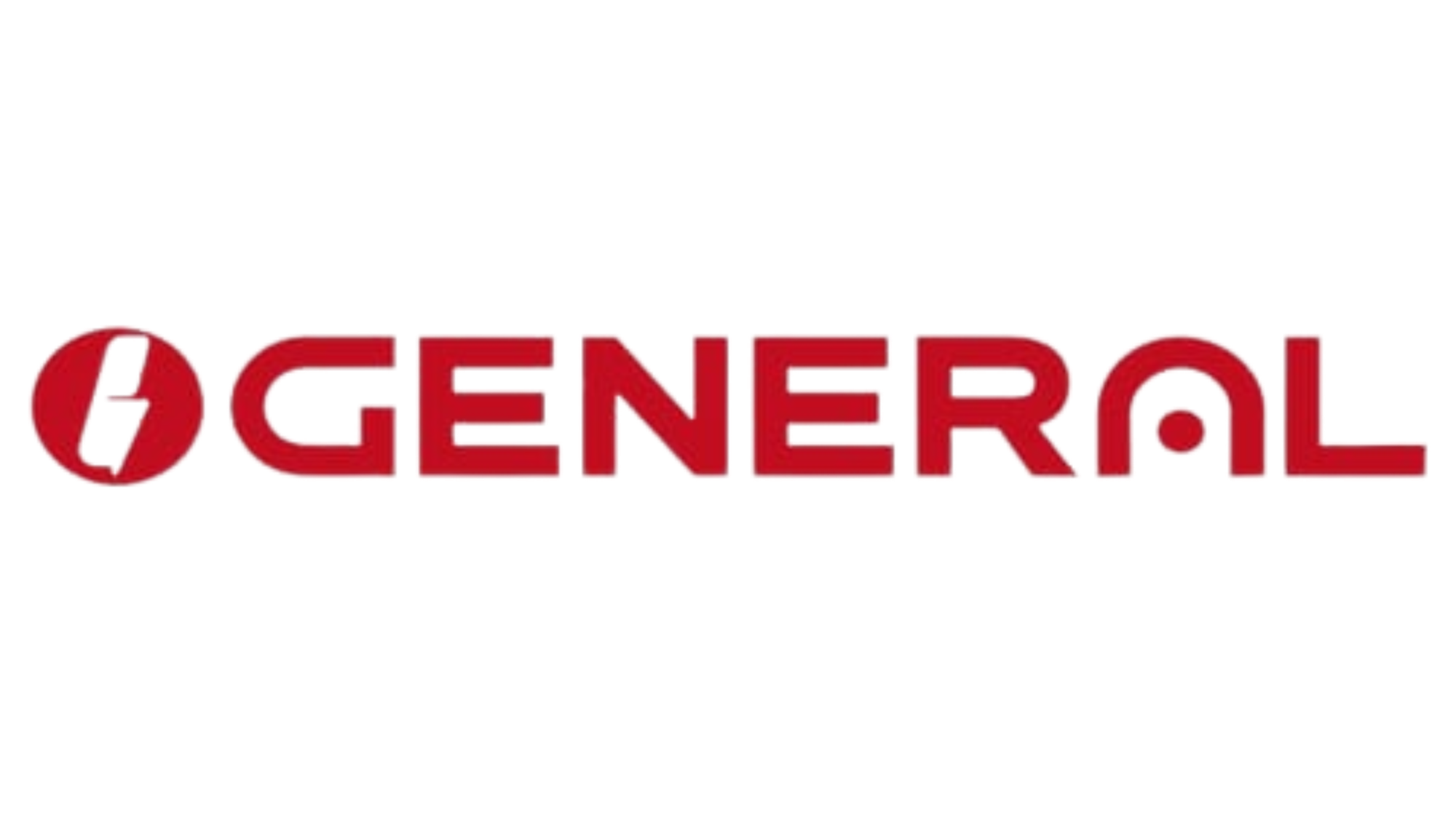As the temperature rises during the scorching summer months, the demand for air conditioners becomes more pronounced, especially in regions like Dubai. However, with increased usage comes higher electricity bills, leaving many homeowners searching for ways to keep cool without breaking the bank.
This article'll explore five effective strategies to reduce your air conditioning bill while enjoying a comfortable indoor environment.
Understanding the Impact of Air Conditioning
Before diving into the tips, it's essential to understand how air conditioning impacts your energy consumption and bill. Air conditioners, whether in Dubai or elsewhere, are among the largest energy consumers in households, especially during peak summer months. By implementing energy-saving techniques, you can significantly lower your overall expenses without sacrificing comfort.
Optimize Your Thermostat Settings
- Programmable Thermostats: A Smart Investment
Investing in a programmable thermostat allows you to regulate your home's temperature efficiently. Set the thermostat to increase the temperature when you're away or asleep and lower it when you're at home and active. Adjusting the settings by just a few degrees allows you to save a substantial amount on your cooling costs without compromising comfort. This approach is particularly beneficial for homeowners in Dubai, where air conditioning is necessary year-round.
- Utilize Temperature Zones
If your home has multiple cooling zones, take advantage of this feature to customize temperature settings for different areas. Focus cooling efforts on frequently occupied spaces during the day and reduce airflow to less-used rooms. This approach ensures you're not wasting energy on areas that don't require as much cooling, leading to significant savings over time.
Enhance Your Home's Insulation
- Seal Air Leaks
Poor insulation and air leaks can cause cooled air to escape, forcing your air conditioner to work harder to maintain the desired temperature. Inspect your home for gaps around windows, doors, and ducts, and seal them using weatherstripping or caulk. By preventing air leaks, you'll improve your home's energy efficiency and reduce the workload on your air conditioning system.
- Upgrade Insulation Materials
Consider upgrading your home's insulation to materials with higher R-values, which indicate better thermal resistance. Proper insulation helps trap cool air indoors, preventing heat transfer from outside. Focus on areas like the attic, walls, and floors to create a more energy-efficient barrier against outdoor temperatures, ultimately lowering your cooling costs. This is especially important for residents in Dubai, where the outside heat can be particularly intense.
Maintain Your Air Conditioning System
- Regular Maintenance Checks
Schedule routine maintenance checks for your air conditioning system to ensure optimal performance. Replace air filters regularly to prevent dust and debris from obstructing airflow, leading to increased energy consumption. Additionally, clean the condenser coils and check for any refrigerant leaks to keep your system running efficiently throughout the summer months. For residents in Dubai, where air conditioners often work overtime, regular maintenance is crucial to avoid breakdowns and costly repairs.
- Professional Tune-Ups
Consider hiring a professional HVAC technician to conduct annual tune-ups on your air conditioning unit. They can identify and address any potential issues before they escalate into costly repairs. By investing in preventive maintenance, you'll extend the lifespan of your system and minimize unexpected breakdowns, saving you both time and money in the long run. Professional tune-ups are especially important for residents in Dubai, where AC companies offer specialized services to combat the extreme heat.
Harness Natural Ventilation and Shade
- Strategic Use of Windows
Take advantage of natural ventilation by opening windows during cooler hours of the day, such as early morning or late evening. Cross ventilation allows fresh air to circulate through your home, reducing the need for artificial cooling. However, be mindful of outdoor temperatures and humidity levels to prevent heat gain during peak sunlight hours.
- Install Energy-Efficient Window Coverings
Install blinds, curtains, or shades to block out direct sunlight and prevent heat from entering your home. Choose energy-efficient window treatments with reflective or insulating properties to minimize heat transfer while still allowing natural light to illuminate your space. By reducing solar heat gain, you'll lessen the workload on your air conditioning system and lower your energy bills.
Embrace Energy-Efficient Practices
- Unplug Electronics and Appliances
Many electronic devices and appliances continue to draw power even when turned off, contributing to "phantom" energy consumption. Unplug devices or use power strips to cut off power completely when not in use, especially during peak cooling hours. This simple habit can lead to noticeable reductions in your overall energy usage and expenses.
- Invest in Energy-Efficient Appliances
When it's time to replace your air conditioning unit or other major appliances, opt for energy-efficient models with high SEER (Seasonal Energy Efficiency Ratio) ratings. These appliances consume less energy to deliver the same level of performance, resulting in lower operating costs over time. While the initial investment may be higher, the long-term savings make it a worthwhile choice for budget-conscious homeowners, including those in Dubai looking for reliable AC companies.
Conclusion
As temperatures soar during the summer months, finding ways to cut your air conditioning bill becomes increasingly important. By implementing the strategies outlined in this article, you can enjoy a cool and comfortable home without breaking the bank.
Small changes can lead to significant savings in the long run, from optimizing your thermostat settings to enhancing your home's insulation and embracing energy-efficient practices. Take control of your energy usage this summer and reap the rewards of a more efficient and cost-effective cooling system.
FAQs
Closing vents in unused rooms can decrease the efficiency of your AC system by causing pressure imbalances. Instead, focus on optimizing airflow throughout your home. AC companies address this common concern, as proper airflow is crucial for maintaining the efficiency of your air conditioner.
Investing in an energy-efficient AC unit can lead to significant long-term savings on your energy bills. For optimal efficiency, look for units with a high SEER (Seasonal Energy Efficiency Ratio) rating. Many AC companies offer a range of energy-efficient options.
Air filters should be replaced every 1 to 3 months, depending on factors such as air quality and usage. Clogged filters restrict airflow, making your AC work harder and consuming more energy. This is a basic maintenance task recommended by AC companies to ensure the longevity and efficiency of your system.
Central AC systems are generally more efficient and effective at cooling larger spaces, while window units are more suitable for cooling individual rooms. When choosing between the two, consider your specific cooling needs and energy efficiency ratings. AC companies can help you select the best option for your home.
Yes, many governments offer incentives, rebates, or tax credits for installing energy-efficient heating and cooling systems. Check with your local energy authority or government website for available programs. AC companies often stay updated on these incentives and can help you navigate the process of accessing them.











